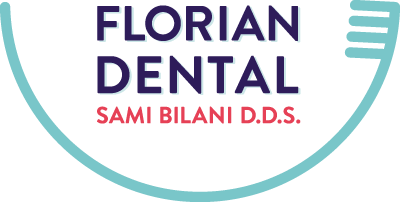The dental hygiene profession continues to grow and rapidly move into the forefront of health care. To function as valuable members of today’s healthcare team, the dental hygienist must be knowledgeable in various aspects of health care. Because of the lifelong synergistic bidirectional relationship between oral health and nutritional status, dental hygienists and registered dietitians and nutritionist need to be competent in assessing and providing basic education to patients, and provide referral to each other to effect comprehensive patient care.
All registered dietitians and some nutritionists are considered experts in the field, but their training prepares them for slightly different areas. A nutritionist has at least a 4-year degree in foods and nutrition and usually works in a public health setting assisting people on the community, such as pregnant teenagers or older individuals, with diet-related health issues. In many states, a nutritionist is legally defined and is licensed or certified. Nutritionist work in local or state health departments and in the extension service of a land-grant university. A registered dietitian (RD) has completed a minimum of a bachelor’s degree in foods and nutrition with training in normal and clinical nutrition, food science, and food service management, and advanced training in medical nutrition therapy. A registered dietitian must pass a national registration examination and receive continuing education. Registered dietitians work in hospitals, long-term care facilities, healthcare providers’ offices, pharmaceutical companies, schools, community and research settings, wellness and fitness centers, and many other settings.
Dental professionals typically see patients on a more regular basis than other healthcare professionals; this allows observation of many physical signs, particularly oral signs, of a nutrient deficiency or medical condition that affects nutritional status before it is diagnosed. Recognition of abnormal conditions and early referral to an appropriate healthcare professional can lead to positive health outcomes for patients. Assessment of dietary information obtained from a patient can also uncover habits detrimental to oral health that can be addressed in the dental office. Additionally, compromised oral health may affect food choices. For example, patients who lose their teeth may avoid foods that are hard to chew and reduce the quality and variety of their diets.
Finally, dental hygienists can follow up on the goals established by patients to evaluate their understanding and compliance. Overall, the dental hygienist is committed to prevention of oral disease along with promotion of health and wellness. All healthcare professionals must work together to enhance patient care.
